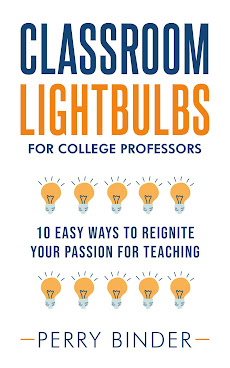Over the next few months, I'll be hitting the road to present these justice issues, which form the basis of my Teacher's Guide to Justice Cases for the Classroom:
INTRODUCTION TO JUSTICE CASES
Unlike Hollywood law dramas, which neatly wrap up cases in an hour or two, achieving actual justice through the legal system is often slow, frustrating, and requires patience and persistence.
Below are real cases that I have studied, written about, and in some instances, maintained contact with the legal underdogs involved. Each case has deeply personal significance to me for different reasons, and thus I write about them in the first person. My hope is that if teachers and students experience my passion and engagement, they may be inspired to follow a local, national, or international cause and choose to participate as an impactful voice, whether through social media or some other avenue.
Summary of the Three Legal Underdog Cases
(1) Grandpa v. Coal Mining Company. A mining company dumped coal waste in a dammed river, with an elementary school directly downstream. Elevated incidences of cancer were reported for school staff and students, prompting a student’s grandfather to walk 400 miles to get an audience with his U.S. Senator. Grandpa tried to secure funding to build a new school, away from the coal company.
Perry’s Personal Connection: For years, I taught a justice course using a book, The Buffalo Creek Disaster. The author of that book represented plaintiffs in West Virginia, where a dam with coal waste gave way, and devastated coal miners and their families living downstream: 125 dead. 1000 homes destroyed. 4,000 survivors reliving the horror. That case was from the 1970’s. When I read about Grandpa’s case, I could not believe that history could potentially repeat itself in the 21st century, this time with students and teachers in harm’s way.
(2) 9/11 Families v. U.S. Government. Ten days after 9/11, Congress passed the Victim Compensation Fund. Its purpose was to provide monetary relief to injured individuals on the ground and for family members of those who died. Ninety six families bypassed the Fund and filed lawsuits, seeking answers from the government on what security breaches occurred on that fateful day.
Perry’s Personal Connection: The students reading about this case are likely not old enough to remember September 11, 2001. I am originally from New York City and felt as helpless as anyone that day. Living in Atlanta, I wanted to be connected to New Yorkers somehow. Soon thereafter, I set up a website, 9-11 Civil Liability, with case updates and other information, and corresponded with a few family members seeking legal counsel.
(3) Innocent Man? v. D.A.’s Office. A father and son were arrested for alleged child molestation acts committed in their basement. The father, a retired high school teacher who was teaching computer classes in his home, entered into a plea deal. While maintaining his innocence, he believed that his plea would somehow benefit the son’s case. However, facing a hostile community and life in prison if convicted, the teenager accepted a plea deal too. Years later, the son was granted an “Actual Innocence” hearing, to try to clear his name.
Perry’s Personal Connection: The father was my favorite high school teacher, and I was confused and emotional as the facts of the case unfolded. I've published three articles on the son’s case (while maintaining an objective stance concerning his innocence), and get periodic updates from his Twitter feed and representative.
Please keep reading here, and then learn just how long it takes to achieve justice -- or not!








No comments:
Post a Comment
Note: Only a member of this blog may post a comment.